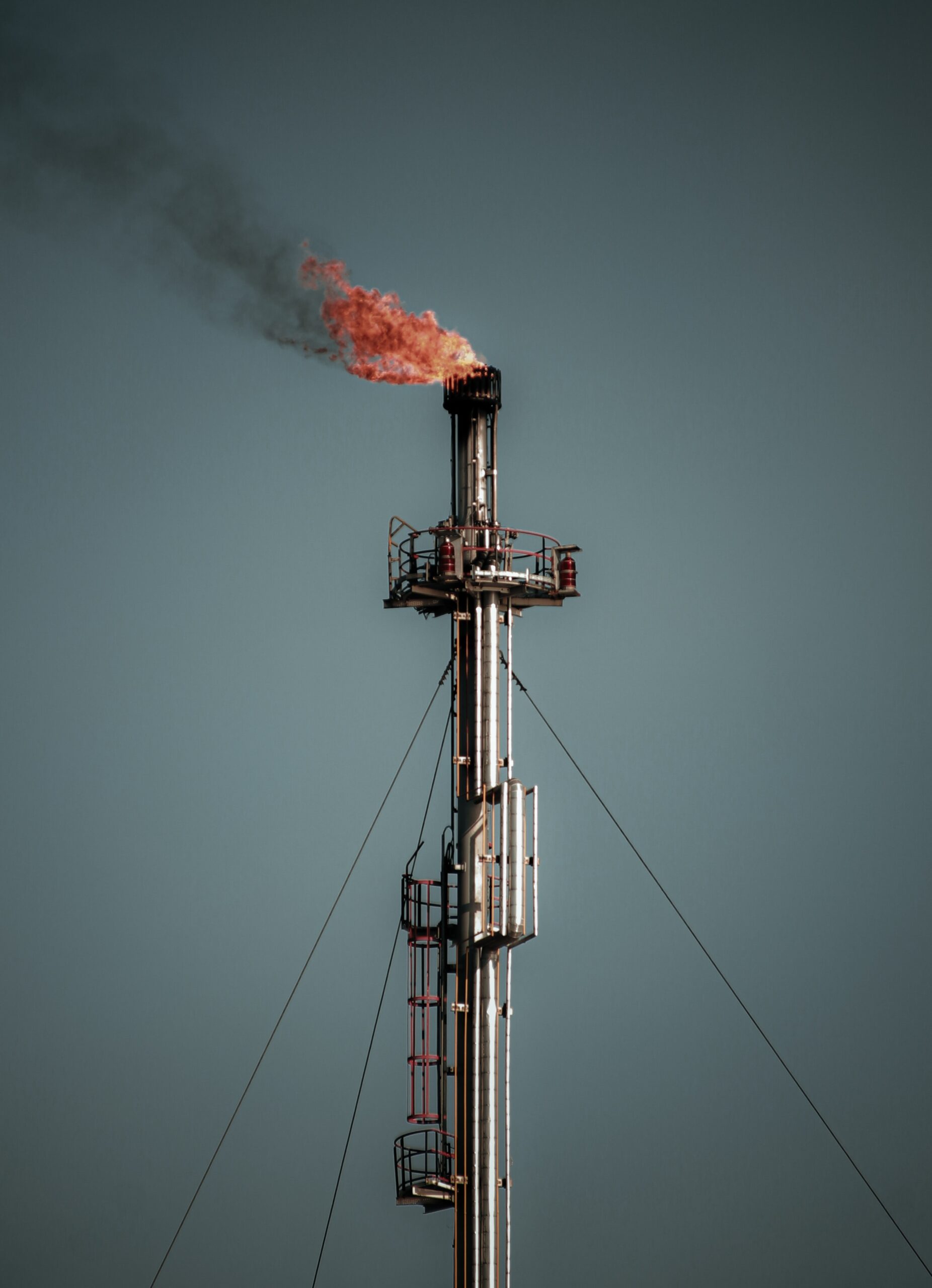G20 and Climate Progress
Gareth Edmond-King for Energy & Climate Intelligence Unit
The G20 nations account for four fifths of global GDP and three quarters of world trade. With two-thirds of the planet’s population, these 19 nations plus the European Union, between them, are responsible for more than 75% of global greenhouse gas emissions.
In July, the World Resources Institute (WRI), E3G and ECIU pulled together an assessment of how G20 members are doing on cutting emissions, as we look ahead to the next UN climate summit this November. For good measure, we threw in the hosts of COP27 (Egypt) and COP28 (United Arab Emirates) as well.
Less than two months away from COP27, just after G20 climate and energy ministers concluded recent meetings in Indonesia, let’s look again at progress.
Faltering…
These were amongst the highest level G20 meetings to have taken place since Russia invaded Ukraine. With European and North American nations condemning Russian aggression, and Russia also at the table keen to resist those condemnations, the stage was not really set for constructive engagement.
The most prominent headline from those Ministerial meetings included a warning from current COP President, Alok Sharma
that some nations were ‘backsliding’ on commitments. Immediately afterwards, the International Energy Agency (IEA) published advice for G20 President, Indonesia, that they need to pick up the pace on their policies to implement their emissions cuts pledges.
Read the full story at: https://eciu.net/insights/2022/g20-report-progress





